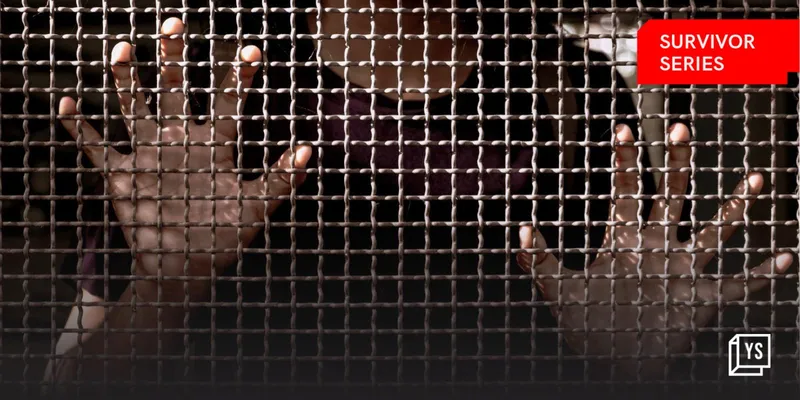I was a bonded labourer for almost 5 months
This week, in Survivor Series, Sunil Kumar Lahare shares his experience of being trafficked a decade ago and how he is working towards stopping such practices in the country now.
I am Sunil Kumar Lahare hailing from Barduli village in Chattisgarh. My family consists of my parents and my siblings four brothers and two sisters, most of whom are married.
My mother and father are uneducated and have been contractual farmers for a number of years even before any of us were born. They have gone to places like Haryana, Punjab and Himachal Pradesh for work. Later, as children, we used to also join them.
In the year 2008, my family was trafficked. A person from our nearby village came and agreed to pay all our village expenses and assured us an advance of Rs 40,000 in return for a work in Haryana where we were promised a good workplace, a shelter with proper food, water, and electricity.

Representational image
Meet the brave 19-year-old from Odisha who rescued over 6,000 bonded labourers in Tamil Nadu
Just like they would for any other job, my family went with him. About 20-30 families from our neighbouring villages accompanied us. I was in high school during this time, so when my exams were over I locked my house and joined my parents at work.
He took us to Haryana but the reality there was different. None of the facilities promised were there. Additionally, the land had big stones and broken glass pieces- which made it difficult to be converted to a productive land.
When we questioned the person who took us, he replied ‘if we don't work, we won't even get food.’
Because of the condition of the land, we could not work like we used to in our village. The land owner would often threaten us for this reason. Meanwhile, we got sick often due to lack of proper food or water and also due to working under immense heat. We were given food only if we worked.
The owner refused to give us money to treat our illnesses. He claimed that we were all acting sick to avoid work.
We used to work atleast 18 hours a day back then. Whenever we complain, the owner says that we can't leave unless we return the money that he invested on us to bring here. He used to threaten us. He had kept few guards in the land to oversee us so that none of us escaped.
None of us had any form of identification like a voter ID, ration cards or Aadhar cards. So we also faced an issue of identity. No one believed us. However, a person from a nearby village agreed to help us by connecting us to the officials there in return for filing a complaint about the owner.
But someone informed the owner about the complaint -asking him to relocate us elsewhere. Following this, the owner divided us into female and male workers and took us to different lands. They used to physically beat us hard and even tied some of us.
But the owner soon sold us for a double rate to another person who stayed 40 kms away. The situation was no different there, we used to get beaten up even there if we didn't work.
But in another one and a half months, we all escaped when we realised it is the only way to lead our lives. We had worked there for nearly 9 months. Some of us went to Punjab, while went others to Jammu and some even went back to home.
After reaching back home, I filed an First Information Report (FIR) with the Police and alerted the authorities but no action was taken.
I eventually finished my graduation. Today I am a part of Indian Leadership Forum Against Trafficking (ILFAT) where I advocate about the dangers of bonded labour practices in villages after realising that there are many like me who have been trafficked or are being trafficked.
I go on my bike from village to village creating awareness among people— especially in helping them with ID cards. This will help them go to those jobs which are properly verified.
ILFAT is India’s first forum against human trafficking, which is by the survivors, of the survivors, and for the survivors of all forms of human trafficking. The aim is to end all forms of human trafficking in the country.
The platform is a survivor-led forum to strengthen and promote survivor voices in the space of human trafficking and be solution providers based on lived experiences and does not see itself as a platform of victims.
Edited by Akanksha Sarma






